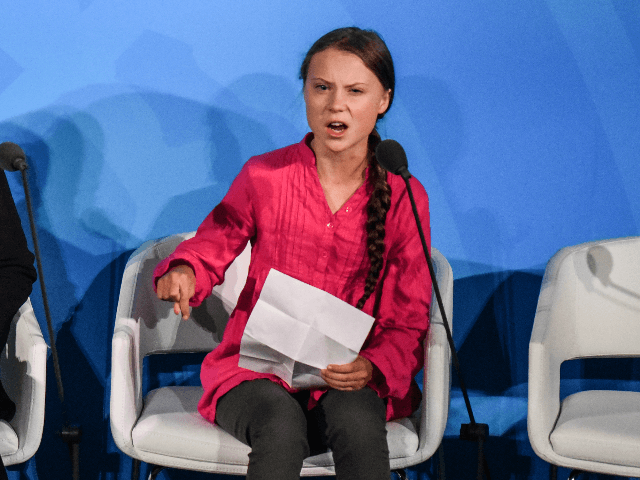MIT climate scientist Dr. Richard Lindzen said this week that humanity should do “nothing” about global warming and should focus instead on “resilience.”
In a March 21 interview with Andrew Bolt of Sky News Australia, Lindzen — an atmospheric physicist and emeritus professor of meteorology at the Massachusetts Institute of Technology (MIT) — declared that climate alarmism “is exploiting people’s ignorance to promote fear and use it as a lever.”
U.N. Secretary-General António Guterres said last week, for instance, that “warp speed climate action” is urgently needed to stave off the coming climate Armageddon. Every country “must massively fast-track climate efforts,” Guterres declared, because the “climate time-bomb is ticking.”
“We need climate action on all fronts — everything, everywhere, all at once,” Guterres urged.
According to Lindzen, such alarmism is not shared by the bulk of the scientific community.
“A large number of scientists are saying, yes, indeed, it’s warming,” Lindzen acknowledged. “And they might even add that perhaps there is a matter of concern. Relatively few that I know of who even support the narrative would ever say that this is involving an existential threat.”
Asked point blank, “What do you think we should do about global warming?” Lindzen replied: “Nothing.”
Lindzen, known for his research on the dynamics of the atmosphere, including the study of atmospheric tides and the interactions between the atmosphere and the oceans, said that there is “pretty universal agreement” that “if the whole Anglosphere and the European Union were to shut down completely, bury all industrial activity so we don’t generate CO2 … its impact on climate would be negligible.”
“The rest of the world is going to continue and they’re now dominating emissions,” he explained. “So no matter what you believe about climate, our actions will do nothing about climate.”
The professor went on to say that in terms of policy, “If you truly believed that it was an existential threat, then the only thing you could do is build up your resilience.”
Building up your resilience “means making more, having people wealthier, because we see throughout the whole world if you are a poor country, if you’re not resilient, natural disasters cause immense damage, pain, suffering, so on,” he said.
“In the developed world, similar disasters cause much less damage,” he added. “So your aim would be resilience. Instead, we’re choosing to make ourselves less resilient. And that makes no sense at all, no matter what you believe.”
“Point of fact, I don’t think there’s any threat on the horizon. And the best thing to do is to make society wealthier,” he concluded.
Lindzen has argued forcefully that the human-induced effects of greenhouse gases on the climate are overstated and that natural variability plays a larger role in climate change than is typically acknowledged.
He has also contended that the scientific community is too quick to attribute changes in the climate to human activity and that more research is needed to fully understand the complexities of the earth’s climate system.

COMMENTS
Please let us know if you're having issues with commenting.